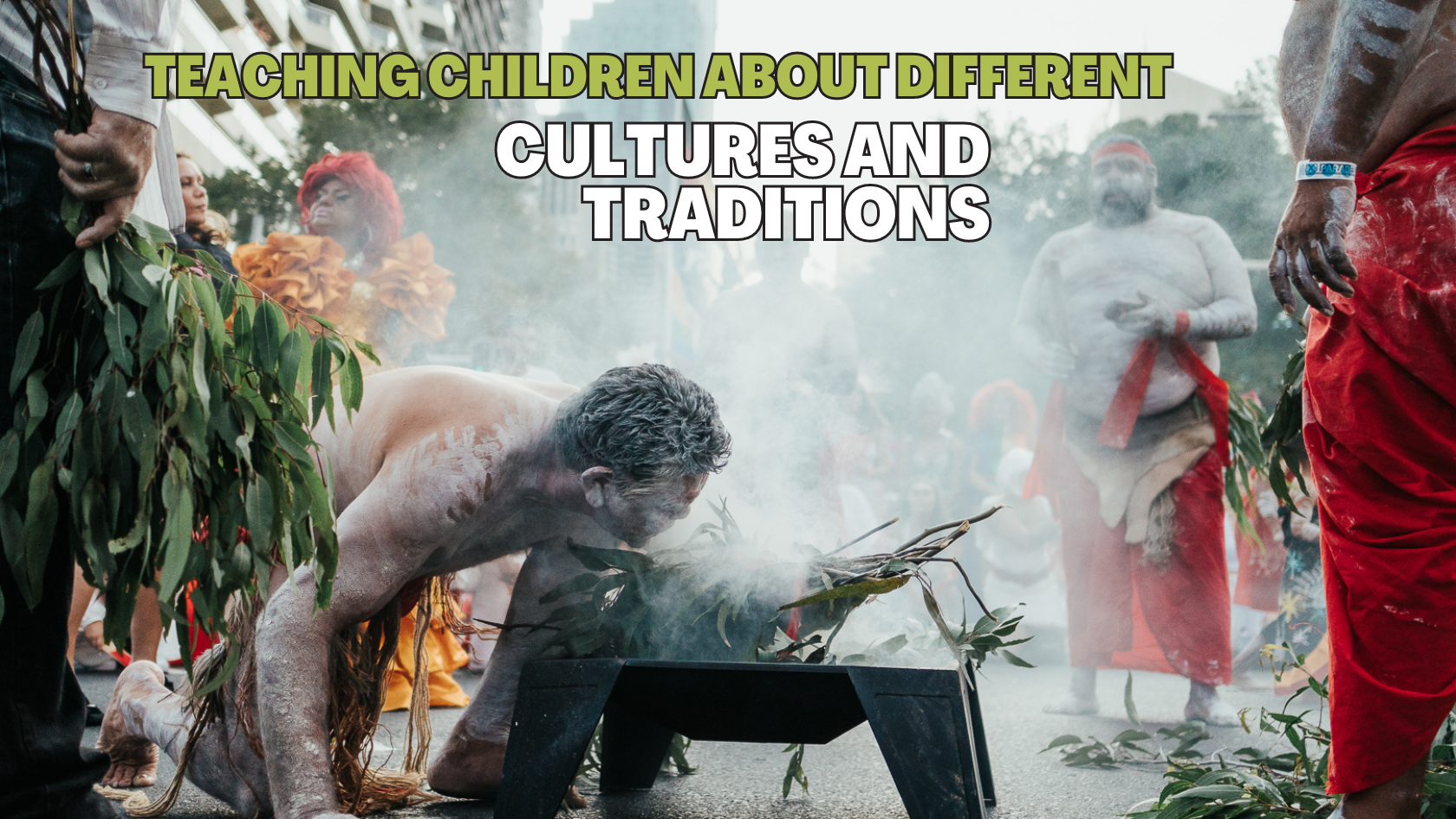Published by: Digital Schools
Teaching children about different cultures and traditions is essential for fostering cultural awareness, tolerance, and promoting diversity. It helps them develop an understanding and respect for people from various backgrounds, ultimately leading to a more inclusive and harmonious society. Here are some ways to approach this important educational task:
- Start early in a child’s education.
- Use diverse books and stories.
- Introduce multicultural toys and materials.
- Discuss cultural celebrations and holidays.
- Cook and share meals from different cultures.
- Visit museums, cultural centers, and attend events.
- Engage in art and crafts inspired by various cultures.
- Explore basic words and phrases in different languages.
- Connect with pen pals from around the world.
- Address stereotypes and prejudices openly.
- Promote values like respect and empathy.
- Share stories of diverse role models.
- Plan field trips to cultural places.
- Teach about the history and geography of different regions.
- Encourage questions about different cultures.
- Use educational media and technology.
- Be a role model for cultural sensitivity and curiosity.
Remember that the goal is not just to teach facts but to instill values of respect, empathy, and an appreciation for the richness of human diversity. By fostering these values, you can help children become more open-minded, inclusive, and culturally aware individuals.
Digital Schools
The content by "Digital Schools" which can be found under the "Guest Contributor" category on this platform is produced by Digital Schools PTY LTD. Digital Schools works in partnership with the school as a 3rd party provider to help build and maintain the school website. As well as this, we assist the school by engaging with a range of experts who already provide products and/or services to educational institutions and we work with them to produce and publish information to this website that we think may be relevant, interesting or topical to families within the community.
PLEASE NOTE: The views, opinions and content published by us are that of the "Guest Contributor" and/or publisher (Digital Schools). It should be noted that whilst the publisher and guest contributors are acting with the best intentions and in the best interests of the school and their community, sometimes the content may not necessarily reflect the views of the school. We welcome your feedback. Down the bottom of this page is a feedback form so you can let us know what you think.


